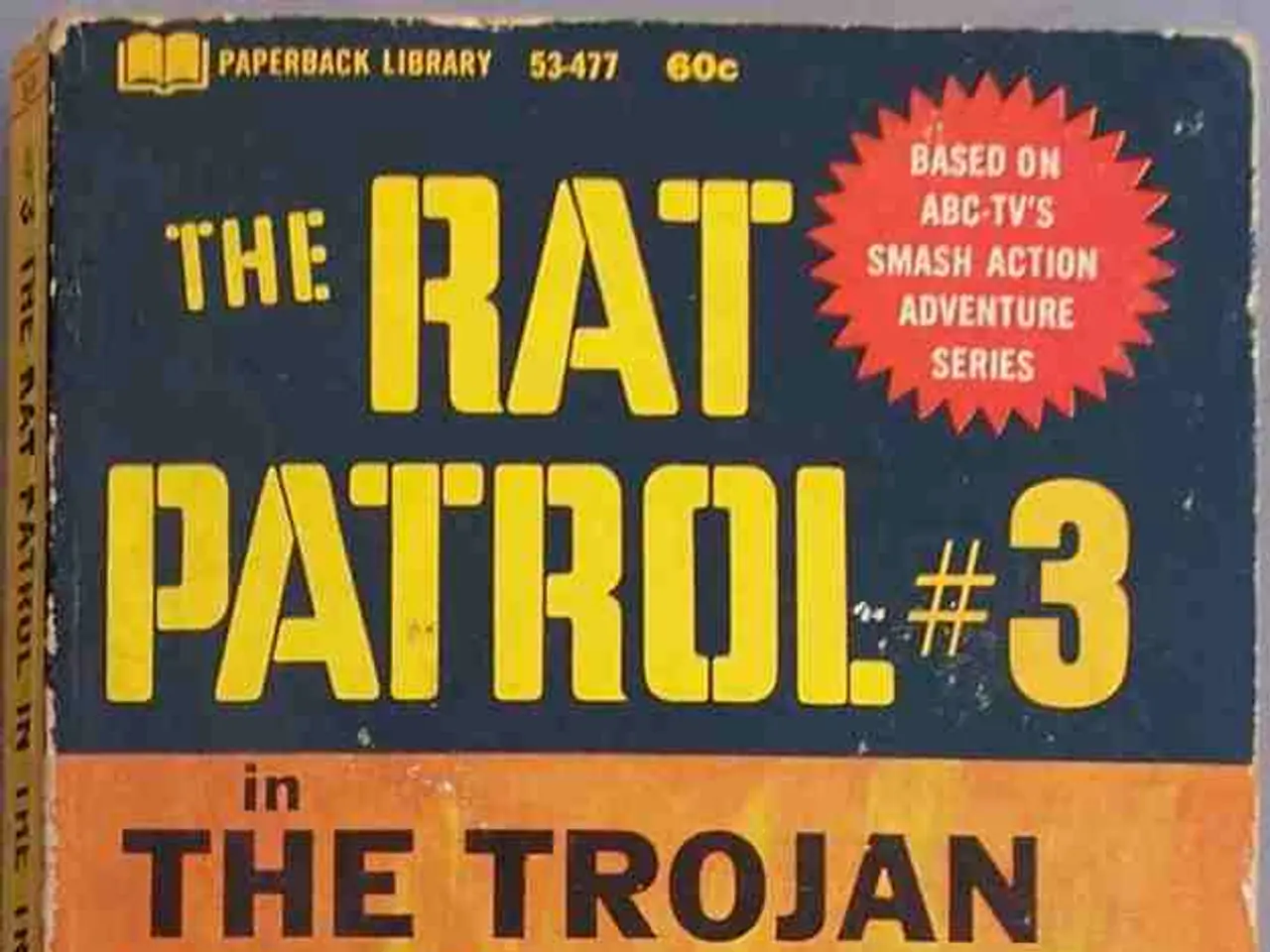"India Responds Critically to NATO Leader's Warning of Sanctions Regarding Russian Relationships"
India has pushed back against a warning from NATO Secretary-General Mark Rutte regarding potential secondary sanctions for maintaining trade relations with Russia. The Ministry of External Affairs (MEA) in India has emphasised that securing the energy needs of its people is an "overriding priority" and that India is guided by market availability and global circumstances.
Rutte's warning came during a press conference in Washington alongside US Senators Thom Tillis and Jeanne Shaheen, where he urged India, China, and Brazil to use their influence with Russian President Vladimir Putin to push for peace talks. He also called on these countries to sever their economic ties with Moscow, stating that failure to do so could result in severe consequences.
However, Randhir Jaiswal, the MEA spokesperson, reiterated that securing India's energy needs is a top priority. Jaiswal did not name NATO or the US directly but made India's position clear regarding this matter. He cautioned against any double standards in international expectations, highlighting India's diversified oil imports from 40 countries.
The firm stance by India signals growing resistance to Western pressure over its Russia policy. This position reinforces New Delhi's insistence on strategic autonomy and national interest-driven diplomacy amid the shifting geopolitical landscape.
Trump's statement followed days of speculation over a promised "surprise" on the Russia-Ukraine front, after previously calling Putin's stance "bullshit." Trump also announced new military aid packages for Ukraine, funded largely by European allies.
Rutte's remarks echoed the recent position taken by former US President Donald Trump, who threatened steep tariffs on countries continuing trade with Russia. The comments from Jaiswal were made during a weekly press briefing in New Delhi on Thursday, and a video of his comments was shared by ANI on Twitter.
India's past experience with US sanctions over the S-400 missile system deal with Russia has shown that it is willing to stand firm against such pressures. The country's current position indicates a strong resolve to maintain its autonomy in trade decisions, despite international pressures.
The MEA's spokesperson, Randhir Jaiswal, clarified India's stance on its Russia policy, emphasizing that it is guided by market availability and global circumstances, rather than being swayed by external pressure or threats of secondary sanctions – a clear indication of India's commitment to policy-and-legislation that prioritizes national interest. This firm position in the face of Western pressure, as well as NATO Secretary-General Mark Rutte's comments, underscores the importance of this issue in the broader context of general-news and international politics.








